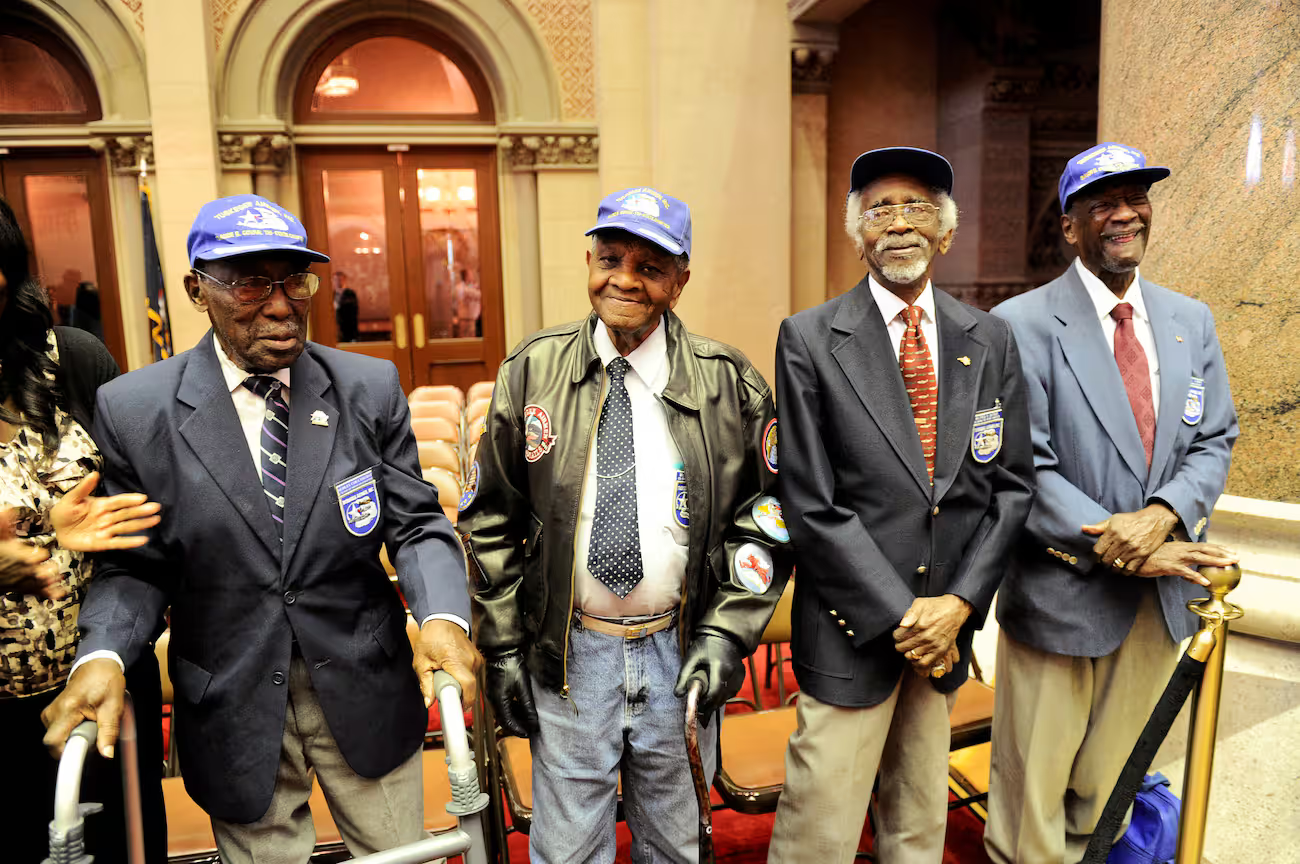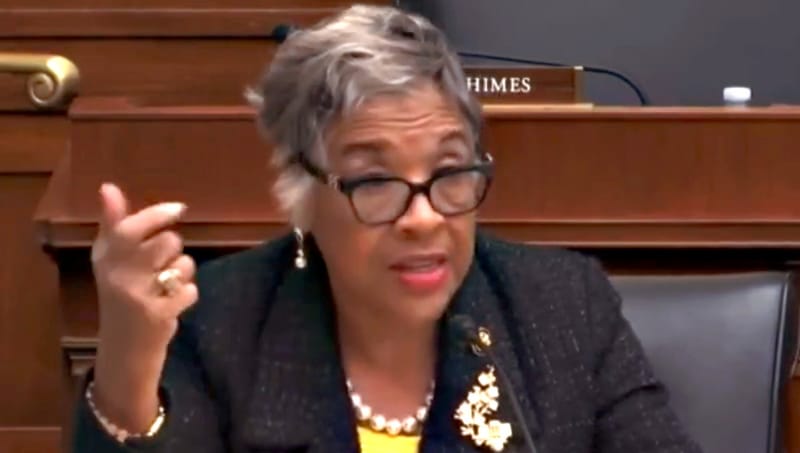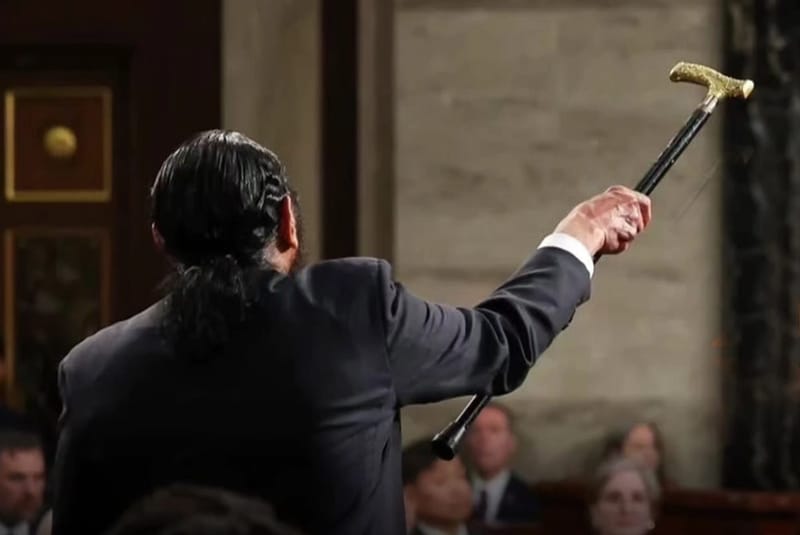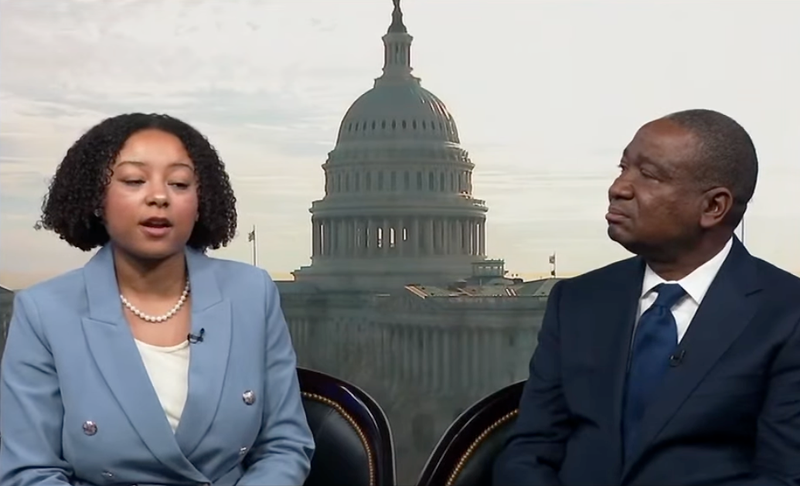Air Force Removes Historic Tuskegee Airmen and WASP Videos from DEI Training Amid Trump Administration’s Diversity Restrictions
The Tuskegee Airmen were the first African American military pilots, and the WASPs, a group of female pilots, played an essential role in ferrying aircraft and supporting the war effort. Both groups made groundbreaking strides against racial and gender discrimination within the U.S. military.

WASHINGTON (AP) — The U.S. Air Force has officially removed videos featuring the Tuskegee Airmen and Women Airforce Service Pilots (WASPs) from its diversity, equity, and inclusion (DEI) training programs in response to the Trump administration’s crackdown on such initiatives. This move is part of a broader effort to comply with federal directives limiting diversity training within military institutions.
The Air Force had previously used these educational videos in basic training to highlight the significant historical contributions of the Tuskegee Airmen and WASPs, both pivotal groups in World War II. The Tuskegee Airmen were the first African American military pilots, and the WASPs, a group of female pilots, played an essential role in ferrying aircraft and supporting the war effort. Both groups made groundbreaking strides against racial and gender discrimination within the U.S. military.
The Air Force’s decision to remove these videos has raised serious concerns among historians and military advocates, who argue that such actions erase key aspects of American military history. A statement from the Air Force confirmed the removal, noting that the change was in alignment with the Trump administration’s executive orders restricting diversity, equity, and inclusion initiatives. The Air Force stressed that the military’s focus remains on national security objectives and professionalism.
While the historical value of these videos is indisputable, their inclusion in the Air Force’s DEI training has been called into question due to new federal guidelines that aim to limit race and gender-based education programs in the military. The decision has sparked debate about how military training should address racial and gender diversity, and whether historical narratives should be excluded for the sake of compliance.
The Tuskegee Airmen are celebrated for their heroic role during World War II, where their 332nd Fighter Group gained a reputation for one of the lowest bomber loss rates in history. Their success in combat helped dismantle racial barriers in the military, proving the effectiveness of African American service members in elite roles. Similarly, the WASPs were vital in ferrying aircraft and performing other non-combat duties that freed male pilots for combat missions, making invaluable contributions to the war effort.
Tuskegee Airmen Inc., a nonprofit organization dedicated to preserving the legacy of these historic pilots, has expressed strong opposition to the removal of the training videos. In a statement, the organization emphasized that the contributions of the Tuskegee Airmen and WASPs should be recognized by all service members, regardless of race or gender, as integral to U.S. military history.
The removal of these videos also raises broader concerns about diversity education within the military. While the Air Force insists that the changes are necessary to comply with federal orders, critics argue that limiting diversity training undermines efforts to create an inclusive military environment. The stories of the Tuskegee Airmen and WASPs should remain vital to understanding the role of race and gender in military history and its future evolution.
Despite facing restrictions, the historical significance of the Tuskegee Airmen and WASPs remains undeniable. Their achievements were officially recognized in 2007 when President George W. Bush awarded the Tuskegee Airmen the Congressional Gold Medal, and in 2020, Charles McGee, one of the last surviving Tuskegee Airmen, was promoted to brigadier general.
The ongoing debate over diversity education in the military underscores the larger conversation about race, gender, and inclusion in America. As the military adapts to shifting political pressures, it is crucial that the legacies of these trailblazing service members continue to be honored, ensuring their place in the story of U.S. military history.






